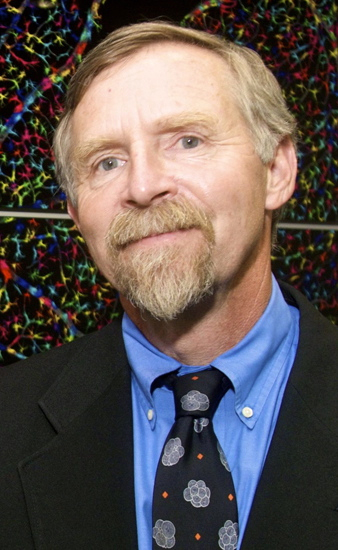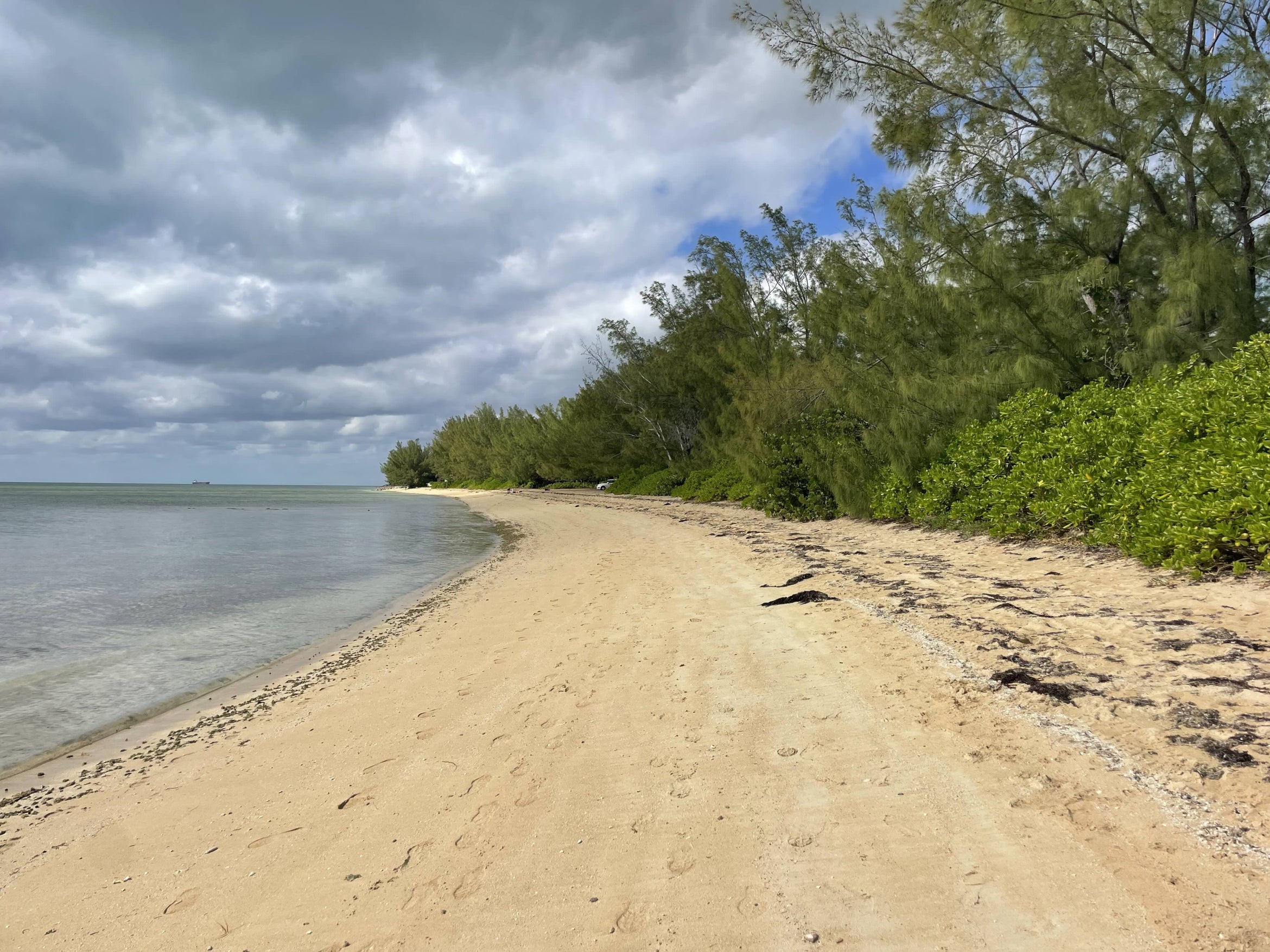
UCSB Professor Among Winners in NIH Competition for Audacious Ideas in Vision Research
A research idea by Dennis Clegg, co-director of UC Santa Barbara's Center for Stem Cell Biology and Engineering, is one of 10 winning submissions from a pool of nearly 500 entries selected by the National Eye Institute (NEI) for its Audacious Goals challenge.
Audacious Goals is a nationwide competition for compelling, one-page ideas to advance vision science. Each winner will receive a $3,000 prize plus travel expenses to attend the NEI Audacious Goals Development Meeting, Feb. 24-26, 2013, at the Bolger Conference Center in Potomac, Md., outside Washington, D.C. The NEI is part of the National Institutes of Health.
Clegg's proposal is for Regenerative Therapy for Retinal Disease: to treat degenerative retinal disease with an off-the-shelf tissue graft that could be implanted in the back of the eye to replace cells lost to disease.
"The eye has many advantages for developing stem cell therapies –– it is accessible, few cells are needed, efficacy can be quantified, and we have made tremendous progress in recent years in understanding how to generate ocular cells from stem cells," Clegg said.
Clegg is also co-principal investigator on the California Institute for Regenerative Medicine's (CIRM) disease team, The California Project to Cure Blindness, which includes USC, UCSB, City of Hope, Caltech, and University College London.
"The Audacious Goals initiative was born out of the NEI strategic planning process; however, it is much more than a standard strategic planning exercise," said Paul A. Sieving, NEI director. "We are envisioning the future. When we look back 10 to 12 years from now, what do we want to have accomplished? The Audacious Goals initiative will help propel us into that future."
The NEI Challenge to Identify Audacious Goals in Vision Research and Blindness Rehabilitation is part of a government-wide effort to bring the best ideas and top talent to bear on our nation's most pressing challenges through the awarding of prize money, among other types of awards. The challenge sought ideas that support the NEI mission to conduct and support research and other programs aimed at reducing the burden of vision disorders and disease worldwide. Prize competition entries were solicited not only from experts in vision research, but from anyone in the private, government, and nonprofit sectors, including scientists, engineers, health care providers, inventors, and entrepreneurs, as well as the general public. Entries were de-identified and reviewed by experts on the basis of relevance to the NEI mission and whether the idea is bold, daring, unconventional, or exceptionally innovative; broad in scope; and potentially attainable in about 10 years.
Within a three-month period, 476 entries were submitted from people across the United States and Puerto Rico. Topics ranged from regenerative medicine and stem cells to neuroscience, genetics, drug development, and artificial vision and prosthetics.
"We didn't know what to expect when we issued this challenge," said Richard S. Fisher, director of NEI's Office of Program Planning and Analysis, which is spearheading the initiative. "Surprisingly, nearly half of the submissions we received came from people who had never been funded by NIH, which demonstrated that we captured the attention of a wide audience throughout the U.S. We invited anyone with an interest in vision research to submit an idea that began with the phrase, ‘It would be fantastic if…' and in fact, we received many truly audacious ideas."
During the judging process, more than 80 experts in the vision community helped narrow the field to 81 final candidates. A federal panel consisting of 13 clinicians and scientists then selected the winning ideas.
The winners have been invited to present their ideas at the NEI Audacious Goals Development Meeting, which will include about 200 vision researchers, patient advocates, ophthalmologists, and optometrists from the U.S. and abroad. The selected ideas will be discussed intensively for further expansion, development, and refinement. Following the meeting, NEI staff and members of the National Advisory Eye Council will finalize and publish a set of the most compelling audacious goals for the institute and the broader vision research community to pursue over the next decade.
Among the winners is Tonia Rex of Vanderbilt, who received her Ph.D. from Steven Fisher, UCSB professor of molecular, cellular and developmental biology, and former director of the Neuroscience Research Institute. For a full list of the Audacious Goals winners, go to https://www.nih.gov/news-events/news-releases/nih-competition-awards-pr….
Related Links



